Top Lists
Top 10 List of Countries where Christianity is Banned in the World
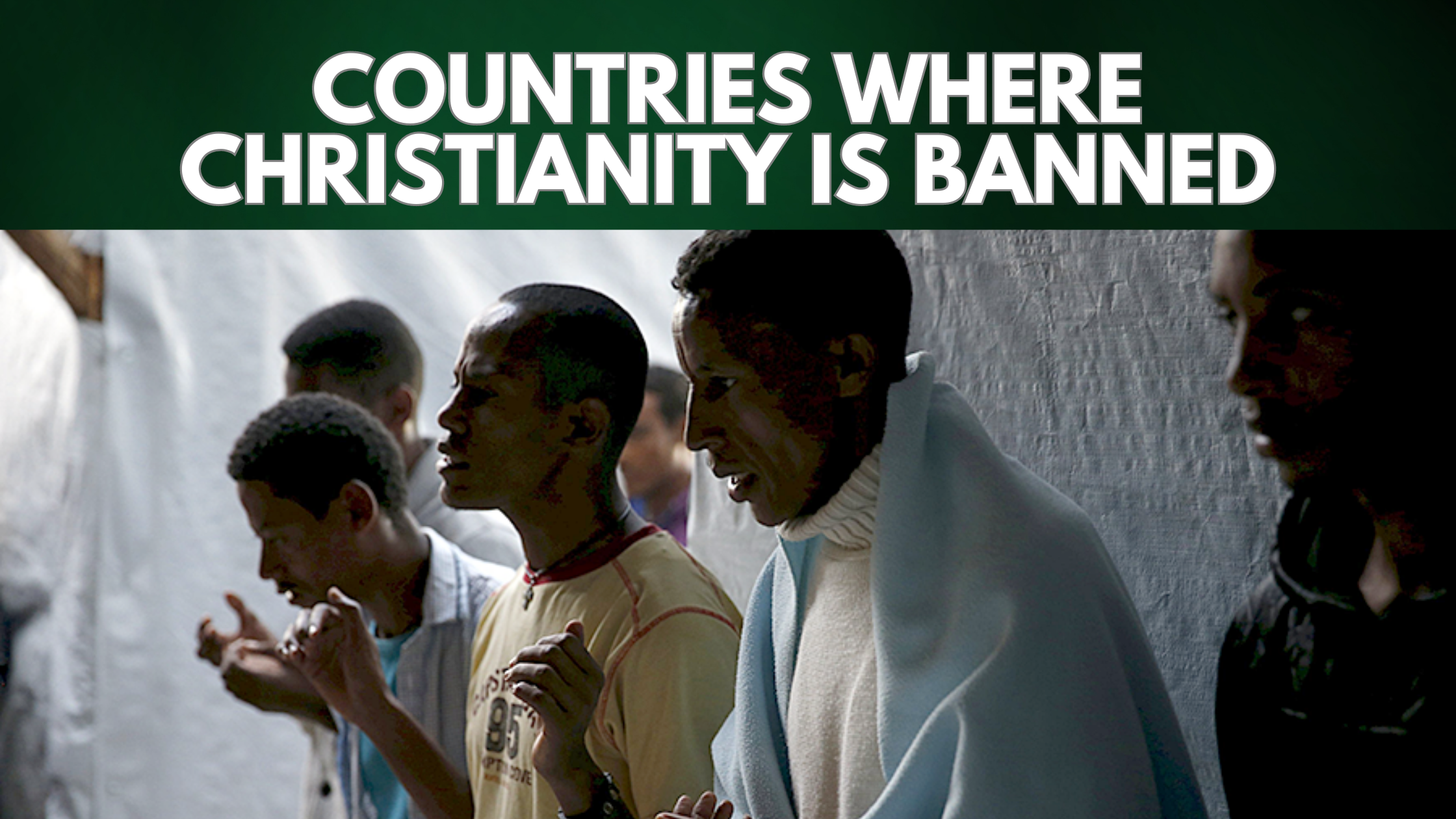
Every incidence of Christian persecution, no matter where it occurs, results in suffering and death. With its Global Watch List, Open Doors has assessed the nations where Christians are most at risk for years. In these nations, Christians who practice their faith are subject to persecution, violence, incarceration, and even death.
North Korea has once again topped the list as the nation where Christians experience the most persecution in 2023 after falling from the top spot the previous year.
In certain nations today, it is illegal to practice Christianity as a religion. In fact, there are several nations where practicing Christianity is forbidden.
Ideal religion fulfills a variety of purposes. It imparts meaning and purpose to life, upholds social cohesion and stability, acts as a social control mechanism, fosters psychological and physical wellbeing, and may inspire individuals to work for social change for the better.
Religion can offer solace and direction. It can serve as a foundation for moral attitudes and behaviors. Also, it can foster a sense of belonging and a bond with history. Even more evidence points to a potential impact on health.
Banning religion has a great effect on the lives of people in the society. It has the potential to become an integral component of authoritarian control over people’s lives, with serious negative effects on how society functions, eroding social cohesion and trust.
List of Top 10 Countries where Christianity is Banned in the World
Below is a list of the Countries affected by Christian discrimination in the world. The list is in no particular order.
1. Yemen
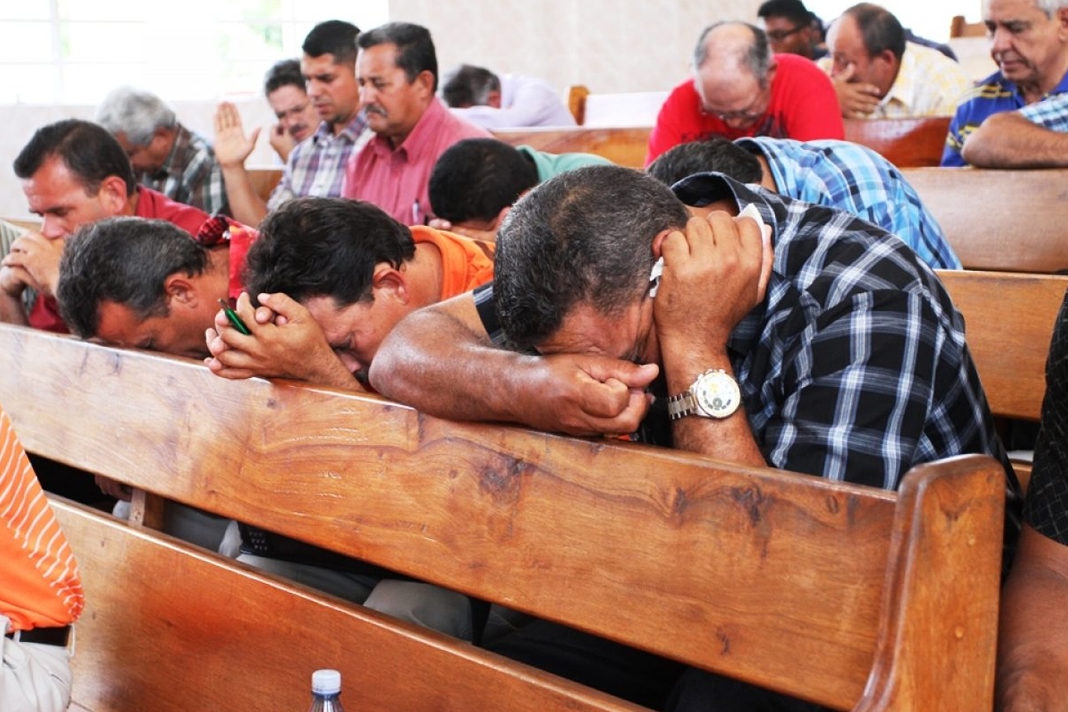
It is forbidden to convert from Islam to Christianity in Yemen. Individuals who do so risk exile, incarceration, or even death.
Christians are subjected to severe physical and emotional torture in detention facilities, and militant Islamist organizations will threaten them in an effort to persuade them to convert back to Islam.
2. Libya
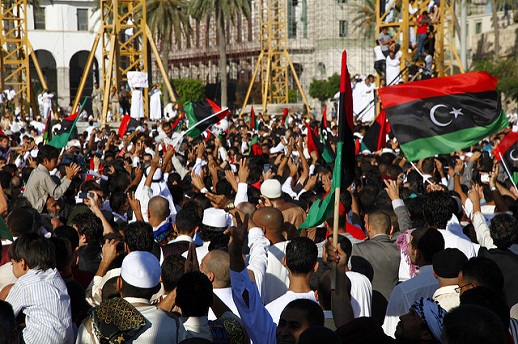
There are currently about 35,400 Christians in Libya, and they are subject to persecution as a result of Islamist and clan tyranny.
Libya is practically a lawless country where both native Christians and those going through from other nations experience horrific brutality.
Both violent Islamic extremist groups and organized crime organizations hold sway in the absence of a centralized government to uphold law and order. Several believers have been killed as a result of their targeting and kidnapping of Christians.
3. Eritrea
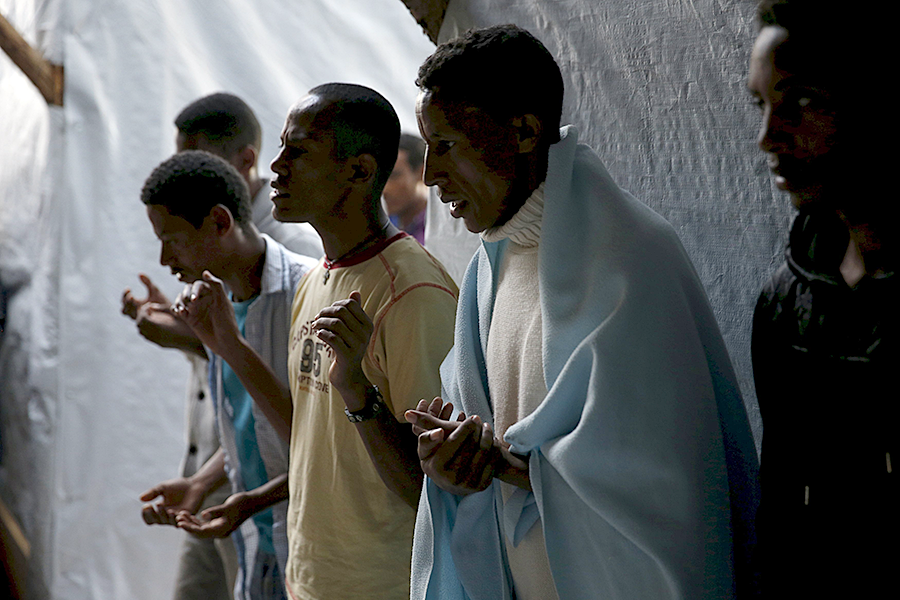
In Eritrea, there are just three recognized Christian denominations: Orthodox, Catholic, and Lutheran. Security forces frequently perform house-to-house searches to discover Christians adhering to different Religious denominations.
Muslims who become Christians or Christians from other denominations are subject to persecution and violence.
4. Mauritania
As a result of the nation’s severe persecution of their beliefs, the number of Christians is fast falling.
In the area, there are about 10,000 Christians. The low percentage of Christians in Mauritania is a result of the prohibition against practicing Christianity there. Only 0.2% of the over 4.3 million people who live in this nation identify as Christians.
Mauritania is ranked 20 on Open Doors’ Global Watch List as a country with a majority Muslim population. It is not possible to meet as a Christian in Mauritania, due to restrictions imposed by the government.
5. Mayotte
Two tiny islands make up Mayotte, which are situated in the Indian Ocean between Madagascar and Mozambique. The majority of people in Mayotte are Muslims. In Mayotte, a country with a large Muslim population, practicing Christianity is either prohibited or carries a death sentence.
A Christian in Mayotte will need to maintain anonymity if they wish to prevent being assassinated by the local authorities. If the authorities find out who they really are, they will execute them.
6. Afghanistan
Afghanistan was ranked second-worst on the most recent Global Watch List created by Open Doors, a group that promotes awareness of Christian persecution worldwide.
In Afghanistan, it is impossible for a Christian to openly practice their religion. If anyone learns about their new religion, those who convert put themselves in risk. There are practically only two options left for these converts: either they leave the nation or they run the possibility of being slaughtered.
7. Syria
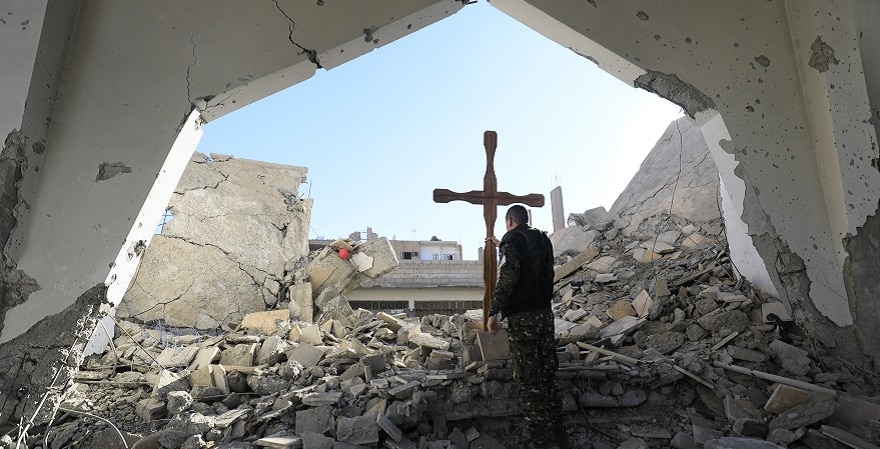
Since the civil war began in 2011, an estimated 700,000 Christians have fled Syria. Isis has seized control of several areas of the nation. A lot of Christians are kidnapped and killed.
8. Iraq
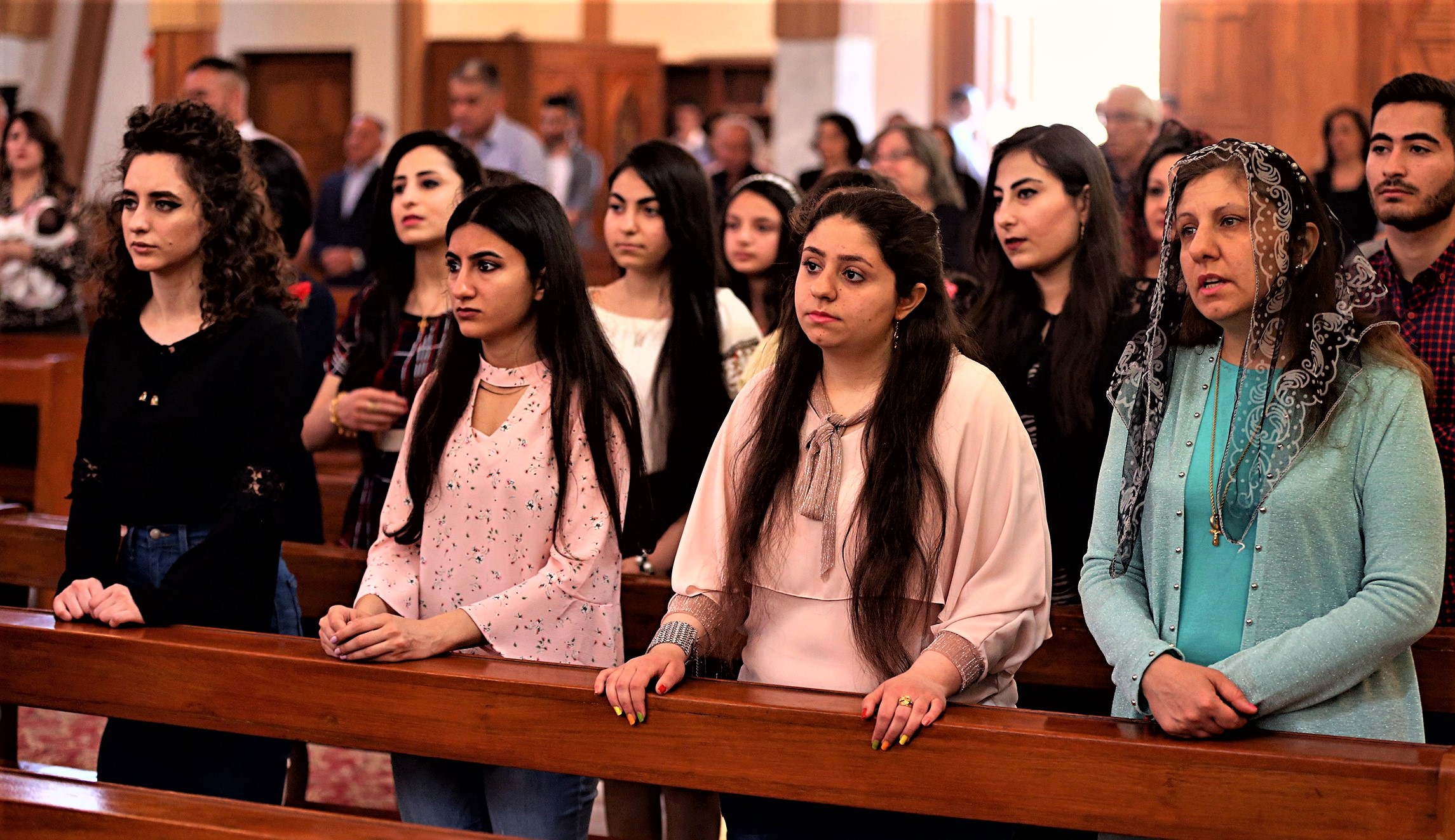
After Saddam Hussein was overthrown, persecution of Christians worsened, and many left Iraq. Christians and other minorities have been forced to convert, pay a harsh tax, or risk being slaughtered as Islamic State has seized control of significant portions of the nation.
As Isis moved on the area in late 2014, an estimated 100,000 residents of Mosul, a city in a predominantly Christian region of northern Iraq, abandoned their homes. Christians have been killed by Isis in public execution-style killings, some of which have been recorded and aired for propaganda reasons, and the majority of churches have been destroyed.
9. Somalia
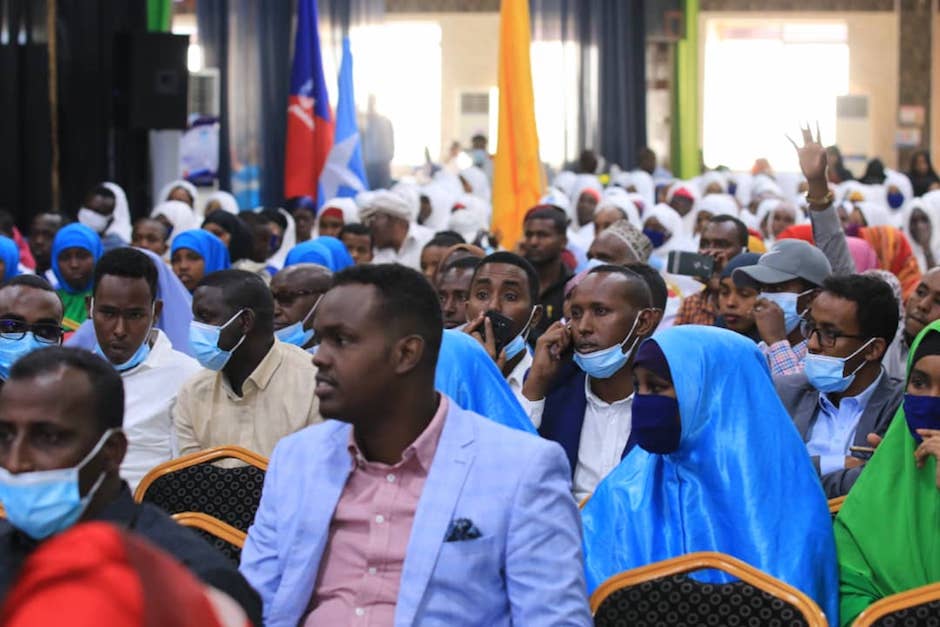
Christians with Muslim backgrounds are more at risk in Somalia. Al-Shabaab militia views converts from Islam to Christianity as a high-value target, and many converts have been slain right away after being found.
Christians who are young and feminine are particularly vulnerable. Both their gender and their religion serve as justifications for their oppression and exploitation.
Young Christian girls are compelled into marriages where they are subjected to physical and sexual abuse as well as pressure to follow hardline Islam beliefs in an effort to “rehabilitate” them.
There are currently about hundreds of Christians in Somalia, and they are subject to persecution as a result of Islamist and clan tyranny.
Read about “If the Christian God and Muslim Allah are the Same”?
10. North Korea
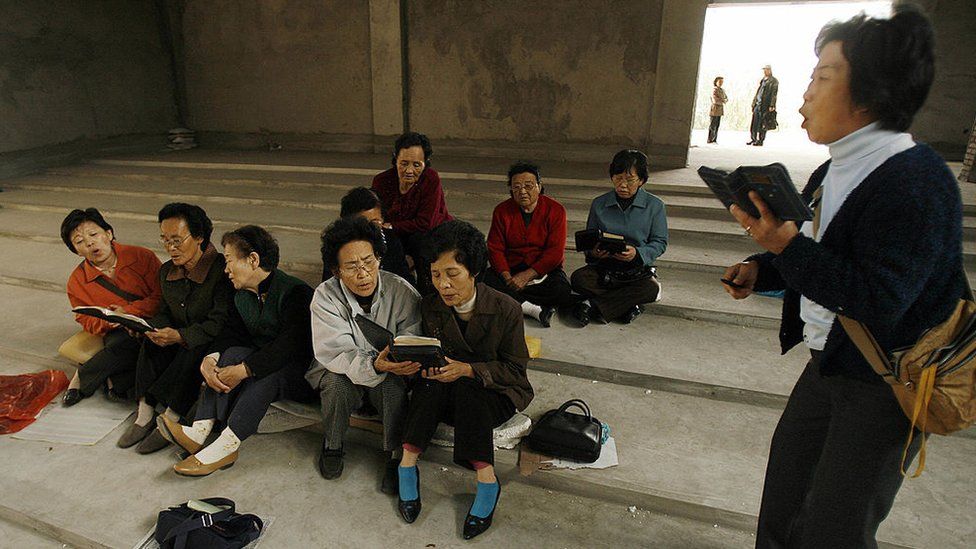
Over the course of the year, Open Doors contacts learned from trustworthy sources that a number of dozen North Korean believers from a number of underground churches had been found and killed.
Also, it was reported that more than 100 members of their families had been arrested and detained in work camps.
There are currently about 400,000 of Christians in North Korea, and they are subject to persecution as a result of Communist and post-communist tyranny.
Following a different religion in North Korea renders you an enemy of the state. There are thousands of Christians in prison, and many of them have reportedly been tortured and killed. Believers gather in secrecy, at the risk of being killed or arrested.
Christians Persecution in Pakistan, Iran, and India
In Pakistan, Christians are viewed as second-class citizens. Christian abuse, ranging from the rejection of humanitarian aid to mob violence, is usually justified by blasphemy laws that prohibit any offense to the Muslim prophet Mohammed or the Quran. Christian women and girls are frequently the victims of abductions, forced unions, and forced conversions.
Iran has a sizable Christian minority, like many other Sharia-compliant Islamic nations. Yet, the government, their non-Christian neighbors, and even their own family harass and persecute these Christians. As a result, the Iranian regime considers Christians as a threat to national security since they are seen as an attempt to replace existing Islamic norms with Western/American ideals.
A Christian in Iran risks being imprisoned if they try to baptize someone. A Muslim in Iran who converts to Christianity may also risk imprisonment or possibly execution.
The persecution of Christians is increasing in India, as Hindu radicals continue to spread the myth that since Christians follow a religion that was not born in India, they are not as committed to the country as Hindus are.
Christians (and adherents of other non-Hindu religions) frequently face violent anti-Christian acts, coordinated campaigns of misinformation, and harassment. During the COVID-19 outbreak, Christians in some areas of India were denied government assistance and even accused of spreading the disease.
Implications of Banning Christianity
More than 80% of all governments in the world interfered in some manner with their citizens’ religious practices in 2019, according to the Pew Research Center. Furthermore, despite being the most widespread faith in the world, Christians are not exempt from persecution.
For instance, other religions are frequently viewed in Islamic nations as heretical and an insult to Allah, both of which are regarded as highly serious crimes. Contrarily, communist nations frequently forbid any forms of religion, which Karl Marx infamously referred to as the “opiate of the masses,” preferring instead to have the government serve as the sole authority informing citizens’ perceptions of justice and their place in society.
Depending on the nation, the severity of the laws (and the penalties for breaking them) varies. It typically means that Christians are unable to congregate in churches to worship together. Additionally, they are not permitted to openly profess their beliefs, attempt to share the gospel, or encourage others to do the same.
It frequently also implies that merely possessing a Bible or discussing Religion with family members in private can lead to detention or even execution.
5,621 Christians were killed last year, 2,110 churches were attacked, and 4,542 Christians were imprisoned for religiously motivated offenses.
The Open Doors Global Watch List has been monitoring such persecution for the past 31 years, providing a worldwide indication of nations where human and religious rights are being violated and highlighting those nations most susceptible to societal discontent and destabilization.\
More than 360 million Christians experience severe discrimination and persecution as a result of their faith.
Conclusion
Governments around the world limit religion in a wide range of ways. Governments, especially those that are autocratic, routinely limit religious expression by outlawing particular religions.
To imagine places where there are no churches at all or where Christianity is forbidden can be difficult for those who were up in neighborhoods where there is a church on almost every block. In reality, certain countries around the world today forbid practicing Christianity as a religion or adhering to Jesus Christ’s teachings.
Religion Freedom is necessary in today’s society. A varied society needs religious freedom and freedom of conscience to thrive. It enables other religions and ideologies to flourish. Whether a person is religious or not, religious freedom safeguards the rights of all people, even the most vulnerable.
The right to practice one’s religion in a peaceful, open environment is protected by religious freedom. It safeguards their right to be authentic at work, in the classroom, and during social interactions.
Recommendations on what can be done to support Christians in countries where Christianity is banned
- Establishing a group that meets on a set day and time to pray for the persecuted church is an excellent place to start. Therefore, churches ought to invite their flocks to join them in prayer for the hurting church.
- Sending Relief Materials to the affected Communities
Below is a summarized list of the countries where Christianity is Banned in the World:
- Somalia
- Yemen
- Mauritania
- Iraq
- Iran
- Pakistan
- India
- North Korea
- Syria
- Afganistan
- Mayotte
- Eritrea
- Libya
Read More:
Countries with the Largest Christian Population
Popular Christian Music Label in the World
Sources
Thegospelcoalition.org, Theguardian.com, Bscholarly.com.
